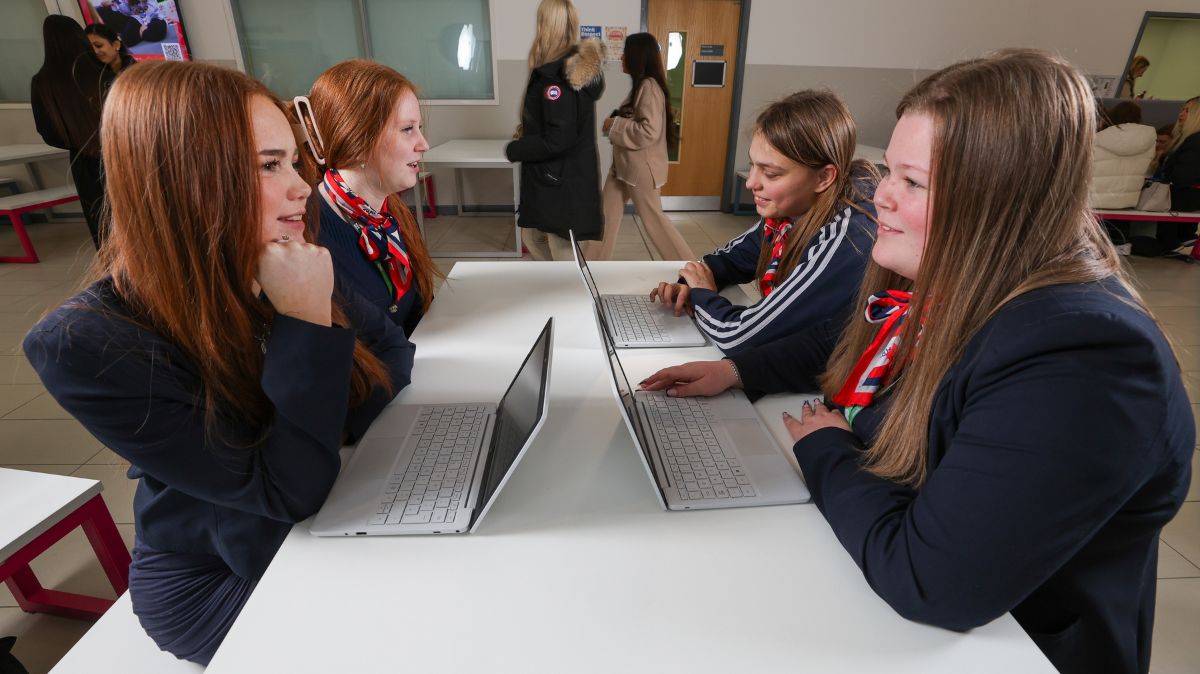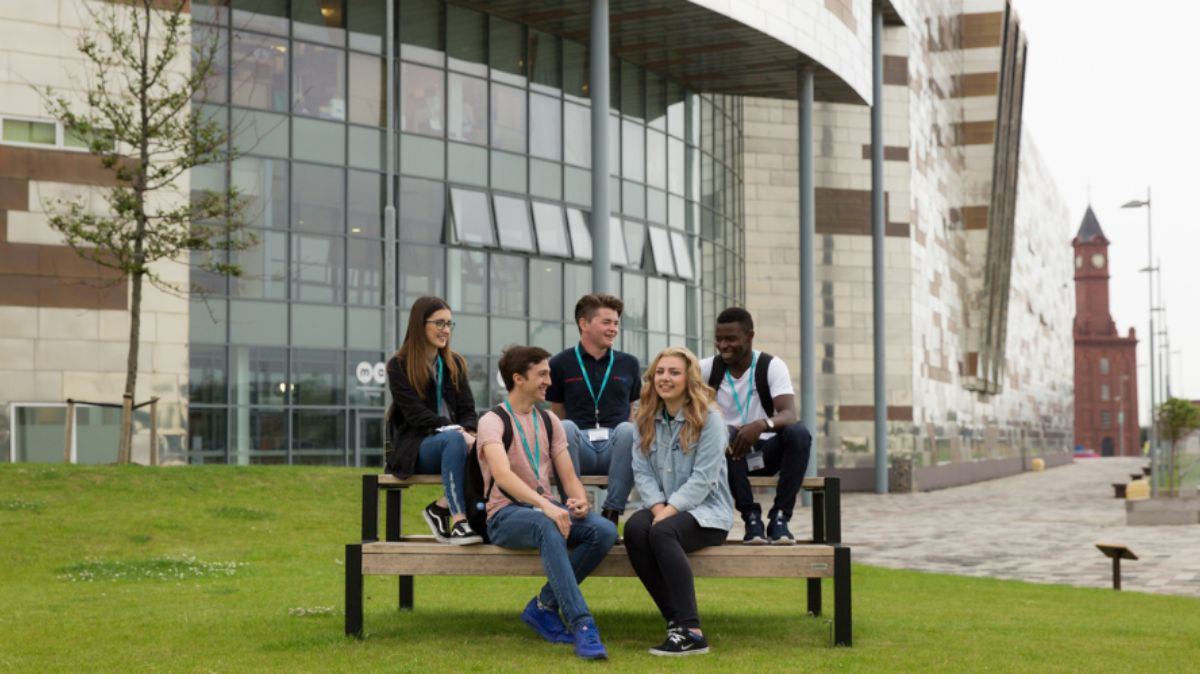Middlesbrough College is committed to the safeguarding and welfare of all our students
Prevent

What is Prevent?
Prevent is about safeguarding people from the threat of terrorism. Terrorism covers all forms of extremism, both violent and non-violent and is defined in the national prevent strategy as ‘any vocal or active opposition to fundamental British values’ and covers international and domestic terrorist threats, including the activities of far right groups and animal rights groups.
Colleges have a vital role to play in protecting students from the risk of extremism and radicalisation. This is underpinned by the Counter Terrorism & Security Act 2015 which states that Colleges must have ‘due regard to the need to prevent people from being drawn into terrorism.’
Middlesbrough College work closely with communities and partner agencies to safeguard vulnerable individuals from any background who might be at risk from radicalisation.
Act Early
Radicalisation is the process by which a person comes to support terrorism and extremist ideologies. If you are worried someone close to you is becoming radicalised act early and seek help. the sooner you reach out, the quicker the person you care about can be protected from being groomed and exploited by extremists.
Friends and family are best placed to spot the signs, so trust your instincts and share your concerns in confidence. They can help if you act early. You won’t be wasting police time and you won’t ruin lives, but you might save them.
To find our more about how to help someone close to you visit: www.actearly.uk
You can contact the safeguarding team directly:
Telephone: 01642 333629
Text: ‘SAFE’ to 60081
Email: safeguarding@mbro.ac.uk


